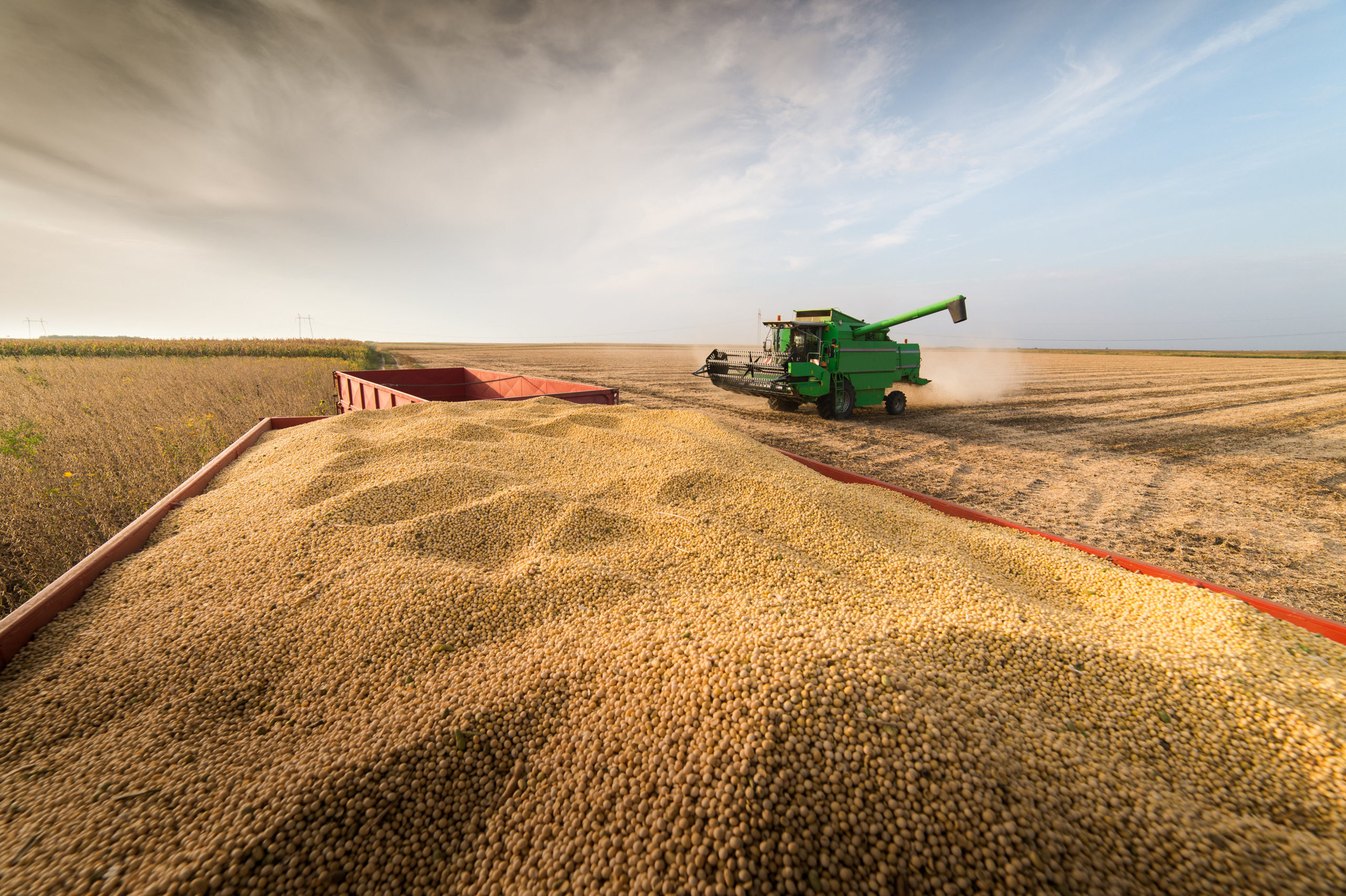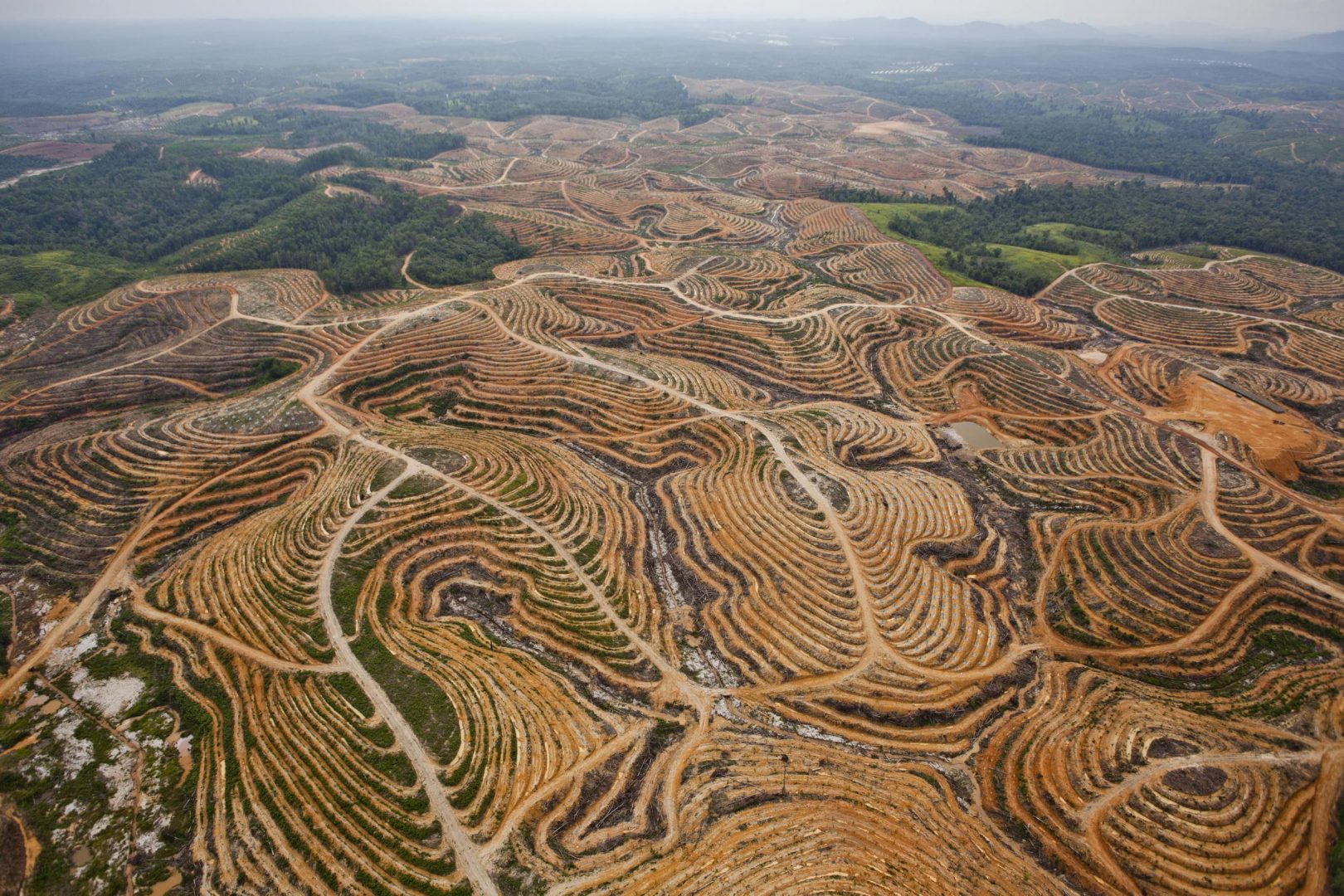The European Parliament recently approved amendments to the law on deforestation that ban food imports from countries that fail to avoid deforestation and protect natural assets. The bill has the potential to affect exports from Brazil, the biggest country in South America and one of the world’s biggest food exporters, but also one of the biggest deforesters too.
The regulation aims to improve control over imports of beef, palm oil, soy, wood, cocoa, coffee and other products. In order for these goods to be marketed in the European Union, companies will be required to prove that they do not come from illegally logged forests.
The public consultations on the bill appear to be the most popular in the history of the European Union with more than 1.2 million responses having been received. Once the text of the draft bill is approved, Parliament will begin to negotiate the final law with EU member states. To enter into force, the draft law will need to be approved by all 27 countries. If this does happen, it will impact upon Brazil which is already under pressure from the bloc due to the socio-environmental agenda of the government of President Jair Bolsonaro.
The law would make it mandatory for importing companies to implement due diligence systems to monitor, address and mitigate any negative impacts on forests due to the goods they import. This would reassure consumers that those products did not contribute to the destruction of vegetation and biodiversity, thus reducing the EU’s contribution to the climate crisis.
After the vote, the coordinator on the Committee on International Trade in the European Parliament, Christophe Hansen, said the EU was responsible for around 10% of global deforestation and acknowledged the need to step up efforts to halt this.
“If we get the right balance between ambition, applicability and World Trade Organization compliance, this new tool has the potential to pave the way for deforestation-free supply chains,” he said.
Rapporteur Anna Cavazzini said the regulation of deforestation-free supply chains was an urgently needed game changer.
“European companies are contributing by importing meat, animal feed and other products that have led to deforestation elsewhere. We have to do everything in our power to stop it. We need the same sense of urgency in the forthcoming negotiations with member states,” she said.
According to estimates by the Food and Agriculture Organization of the United Nations, 420 million hectares of forest — an area larger than the EU — were lost to deforestation between 1990 and 2020 all over the world. The European Union accounts for 10% of this total, mainly in respect of the origin of the products consumed. Palm oil and soy alone comprise more than two-thirds.
How could Brazil be affected?
Last year, Brazil exported more than US$36 billion in goods to Europe of which almost US$18 billion were agricultural products. Of this amount, the sale of soy represented more than US$7.8 billion, with the EU being the second largest buyer of the Brazilian product after China.

The draft law has aroused concerns among agrifood producers in Latin America, the more so as experience has shown that quite often other markets tend to take over the bloc’s regulations. Should the draft law be enforced, the price of soybeans may increase by US$40 per ton to reach US$446, the Brazilian Association of Vegetable Oil Industries (Abiove) has warned.
Abiove President, André Nassar, believes that Brazilian vegetable oil producers will be able to comply with the restrictions. However, he noted that
“it generates price increases for the European buyers and consumers. I’m going to load a ship. All incoming soy will have to be checked. Companies will have to share the origin and will not be able to mix the product,” he explained.
Nassar expects an increase in prices starting with the 2023/2024 harvest. Nevertheless, he highlighted the importance of the production chain starting to adapt to a new reality of trade with the bloc.
In the opinion of Wagner Parente, a specialist in international relations and the CEO of BMJ Consultores Associados, the decision of the European Parliament is a sign that Brazil will have to pay for years of uncontrolled deforestation, even if the measure is viewed to be controversial.
“It is a heavy blow for the Bolsonaro government, whose mandate is coming to an end this December,” he stressed.
Parente commented that currently the private sector has taken some measures to protect itself from this type of “retaliation” that is inevitable as some European companies had already started to boycott Brazilian products due to the increase in deforestation.
“Before, it was a retaliation by the private sector, because the policy takes longer. Now, it has been extended to government levels, which is more worrying because Europe, as in carbon taxation, ended up innovating and was followed by other countries. The same can happen with this decision of the European Parliament in relation to deforestation,” highlighted Parente.
The Brazilian government and other commodity-exporting nations that are also against this measure believe that the EU is disrespecting the free trade rules of the World Trade Organization which could mean its implementation may be questioned.
The National Confederation of Agriculture and Livestock of Brazil, in turn, reported that the measure approved by the European Parliament “fails to have a punitive and non-integrative character, with the potential to exclude several producers, especially small and medium-sized ones, which do not currently have the technical or financial capacity to implement traceability measures, even though they follow all demanding national laws”.
Record deforestation
During the almost four years of Jair Bolsonaro’s government, the Amazon has registered record rates of deforestation. Last October, the National Institute for Space Research recorded the third worst level for one month since 2015.

The area deforested in that month reached 813 km², a figure that was made public on the eve of COP27, the United Nations conference on climate change, taking place in Sharm el-Sheikh, Egypt.
See also: What is COP and what to expect from the forthcoming COP27?
Since the beginning of 2022, the monthly deforestation data issued by Deter has been high and, in several cases, the highest in recent history for a given month. January, February, April, June and September reached new record levels, for example. August fell just below the record of 2019 – the first year of the Bolsonaro government.
Once again, deforestation will be a sensitive topic for the Jair Bolsonaro government at the conference. The outgoing Brazilian President was not expected to attend the event to explain the country’s forest protection measures but his representatives tried to avoid the subject and focused on Brazil as a green energy country.
“The European Parliament measure restricting access to products from degraded or deforested areas illustrates how much Brazil loses by maintaining the current high rates of deforestation. This is against the national interest. Deforesting the Amazon, for many reasons, affects Brazil’s image abroad and affects our economy,” said Virgílio Viana, coordinator of Imagine Brasil Ambiental, a movement created by companies and entities to propose new projects and innovations for the country.

